For the first time in over a decade, the European Space Agency (ESA) is seeking new astronauts.
This one-hour-long briefing with ESA experts and astronauts outlines the selection criteria and desirable traits for astronauts. It also provides further detail around the Parastronaut Feasibility Project and astronaut reserve, as well as ESA’s vision for the next 10 years of human and robotic exploration.
Participants:
Luca Parmitano, ESA astronaut
Ersilia Vaudo-Scarpetta, Chief Diversity Officer
Josef Aschbacher, future ESA Director General
Sara Pastor, I-Hab Gateway module Team Leader
Antonella Costa, Human Resources Business Partner
Moderator:
Fabrizio L’Abbate, Communication Department
Learn more: https://www.esa.int/yourwaytospace
★ Subscribe: http://bit.ly/ESAsubscribe and click twice on the bell button to receive our notifications.
Check out our full video catalog: http://bit.ly/SpaceInVideos
Follow us on Twitter: http://bit.ly/ESAonTwitter
On Facebook: http://bit.ly/ESAonFacebook
On Instagram: http://bit.ly/ESAonInstagram
On Flickr: http://bit.ly/ESAonFlickr
We are Europe’s gateway to space. Our mission is to shape the development of Europe’s space capability and ensure that investment in space continues to deliver benefits to the citizens of Europe and the world. Check out https://www.esa.int/ to get up to speed on everything space related.
Copyright information about our videos is available here: https://www.esa.int/ESA_Multimedia/Terms_and_Conditions
#ESA
#AstronautSelection
#YourWayToSpace
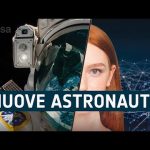
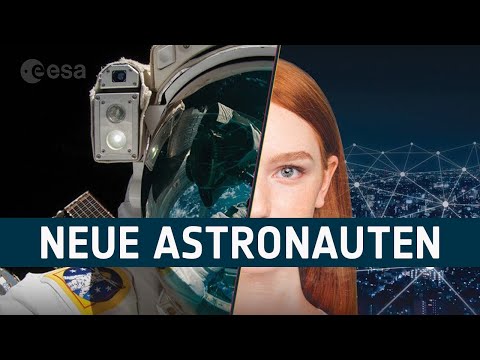
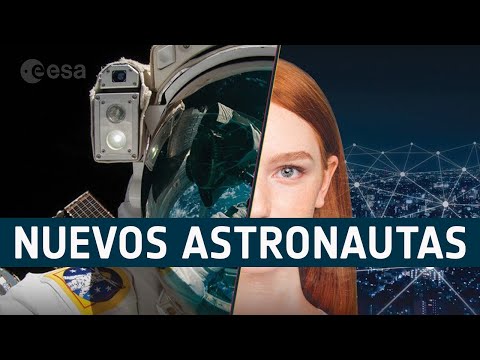
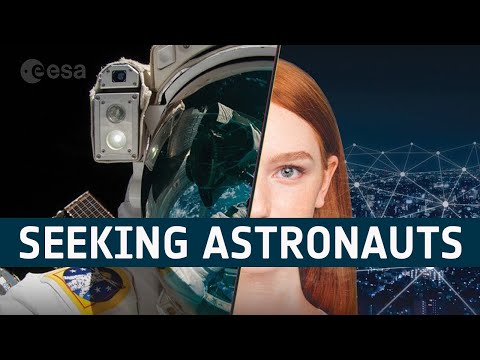
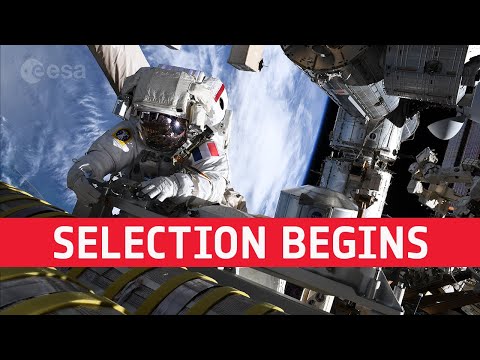
Leave a Reply